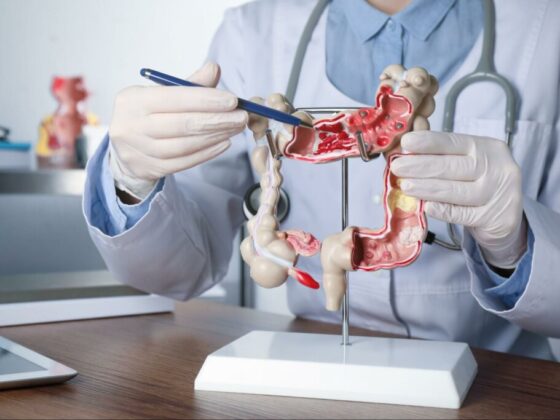Pain is a part of life, but it is underrated and under/untreated in most instances, leading to unwanted side effects. Whenever you are experiencing pain, seeking medical attention is vital. While we experience pain differently, which is difficult to pinpoint even with the colorful and descriptive words, a professional is best positioned to understand how it feels and devise a practical treatment strategy. William L Yancey MD offers a comprehensive approach, considering that pain is not just physical and requires looking more into the cause to develop a lasting solution.
You have heard it before; not all pain is bad. So, why should you seek professional attention? The presence of pain does not always signify danger, but understanding different types and how they impact your life can be tricky, especially with self-medication. The primary pain types are:
- Acute pain: It is the body’s natural response to tissue injury/damage. Acute pain requires immediate attention and typically heals within a reasonable period following the extent of the damage.
- Chronic pain: This is an abnormal response and can be present even without tissue damage. The pain persists long after you are physically healed. The pain can worsen instead of improving after treatment and recovery from an injury/damage.
Chronic pain results from misfiring nerve signals. The affected nerves affect how the brain processes pain and continue to communicate to the body that you are hurting.
Managing acute pain, especially with professional guidance, is easily manageable. If you underrate the pain and self-medicate, assuming it is acute, it can persist for months, turning into chronic pain. Such under/untreated pain can rob you in many ways, including:
Increased irritability

Life includes daily exasperation, and your progress is defined by how you respond. As pain increases your irritability, the slightest annoyances can see you overreacting. This makes it harder to maintain healthy relationships and manage your activities of daily living. It affects the quality of your life, and before you realize it, you could be leading a solitary life with depression around the corner.
Nutritional disruptions

Are you the kind that eats their feelings? Emotional eating can be challenging. As chronic pain takes a toll on your body, you are likely to over/under eat. This means you can easily gain more pounds, increasing the risks of health concerns like heart conditions. If you fail to eat, nutritional deficiencies kick in, exposing you to health risks.
Immobility

Pain can make getting out of bed feel like an impossible quest. Even when the pain is not radiating from your limbs, since it affects you physically and emotionally, you might experience difficulties moving around. You feel more like spending the whole day alone and tucked in bed, a risk that takes physical activity out of the equation and impacts the quality of your life. The worst part is that you will hardly rest with the altered mood and sleep disruptions. This makes your bed stay unproductive.
Untreated pain can cause more concerns, including sexual dysfunction, low self-esteem, and anxiety, to mention a few concerns. As it worsens, depression chances are high, and you could be caught in the pain-stress cycle. The cycle persists since pain triggers stress. With more worry from the stress, the pain increases, and the cycle goes on and on. Don’t ignore pain, giving it a chance to turn your life inside out. Proper treatment can help return you to your normal life. Visit your pain management specialist to learn more about pain and find a strategy to treat it to improve your quality of life.


